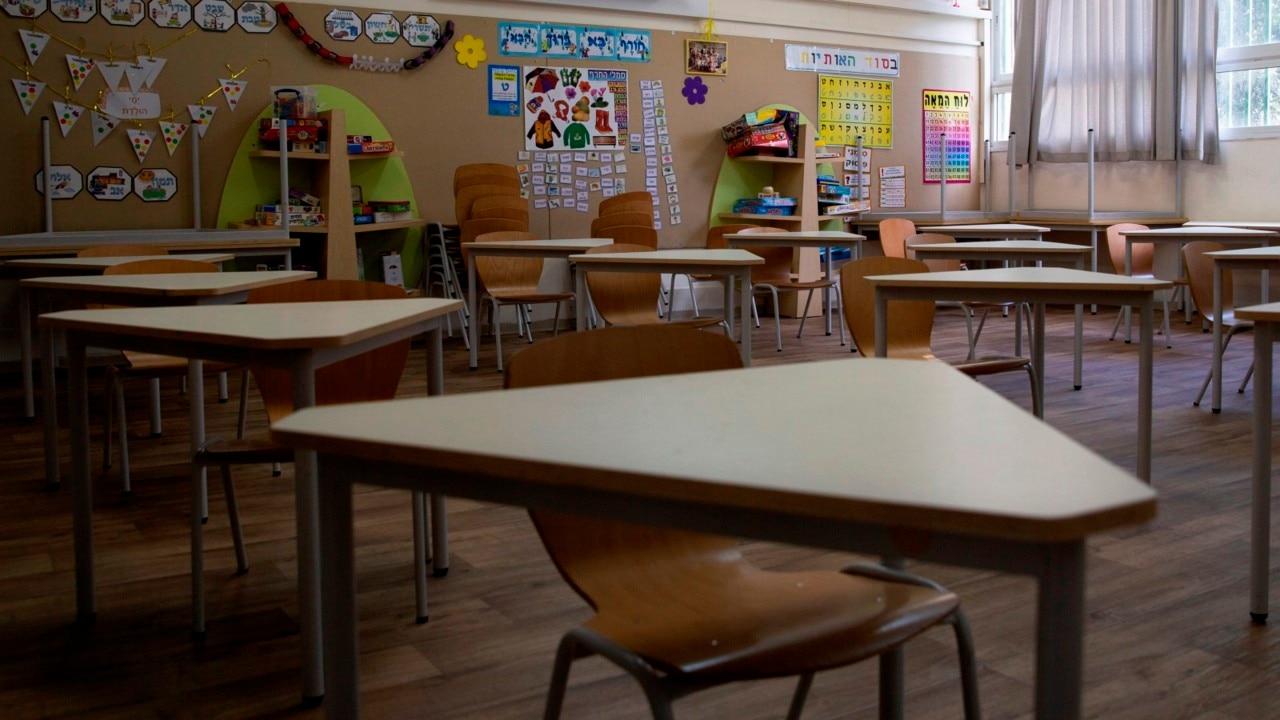
Around the nation, large numbers of parents also recognised that something was wrong in the way their children were being taught the basics.
Some pay large sums to buy dwellings in selected catchment areas, so they can send their children to a government school that they believe has attracted excellent teachers who excel in teaching the basics – reading, writing, science and mathematics/arithmetic. Others with the same view send their children to selected private schools.
Sadly, too many educators have been, and are, still in denial. And they keep saying that if the community thinks there is a teaching problem, then it would be solved by hosing billions at the education system.
The good news is that the problem was closely studied two years ago by the NSW Productivity Commissioner Peter Achterstraat, and he isolated both the causes of this failure in the education system and the solutions. And his solutions don’t require large amounts of money.

Naturally, Achterstraat was immediately bagged by many educators, so his report didn’t spark the revolution that it should have. But the new federal education minister Jason Clare is starting to introduce policies along the lines recommended by Achterstraat, and he is being backed by most state education ministers.
So today, using the Achterstraat findings, let me first isolate some of the causes of the failure of the education system to teach children the basics, including how to read and write properly, and then explore solutions.
While the Achterstraat report concentrates on NSW, the NAPLAN results shows we have a national problem and his conclusions and recommendations are valid across Australia.
Our low ranking in education performance is one of the greatest dangers to long-term national prosperity as we enter a new skills-based industrial revolution. While there has been much-needed efforts to reform curriculums, Achterstraat believers NSW (and Australia) needs to redesign and modernise its curriculum, providing strong foundations for lifeline learning.
Learning is usually determined by how teaching is delivered in classrooms and how the curriculum is conveyed to students. The quality of our schooling system ultimately rests on the quality of classroom instruction by our teachers and school leaders.
Achterstraat says the nation needs to cut “inessential teacher workloads” so teachers can focus on the core of their jobs: teaching our children.
His research reveals that our systems of recruiting and training teachers are simply not working.

Accordingly, the bad educational outcomes are surface manifestations of fundamental flaws in teacher recruiting and training. He recommends fundamental change.
Meanwhile, the NSW experience shows that simply spending money on education does not solve the problem.
Federal and state governments increased spending on each NSW student by 22 per cent in the decade to 2018-19 but not only did NSW performance decline but states like Victoria, where less money was spent, performed better than NSW.
Australia has introduced waves of reform, demanding that new teachers must meet increased academic requirements to enter initial teacher education programs.
But these more onerous and longer qualifications for new teachers have unintentionally raised barriers for talented people entering the profession.
Worse, the evidence suggests that the educational gains from longer teaching pathways are minimal or even nil.
Some teachers realise that they are poorly suited to teaching only upon entering the classroom, and extra university training without exposure to classrooms delays this discovery.
The messages from their bad experience adversely impacts teacher recruitment.
In many areas of Australia, including NSW, teacher standards and teacher accreditation has seen weak implementation and there is only a loose link between accreditation and teacher effectiveness. It becomes difficult to identify relevant evidence and measure performance against them
Like any other worker, a teacher cannot improve “without setting goals, striving to achieve them and receiving insightful, regular and constructive feedback plus correctional help”.
But currently, goals and benchmarks are often poorly defined, making it very difficult to identify relevant evidence and measure teacher performance against them.
A teacher with relatively low-performing students may be driving strong improvement, while a teacher with high performing students may not be contributing much to their performance.
The solutions include:
● Given the teacher entry system is not working as planned, it needs to be reviewed to make it less onerous, but identifying better teaching prospects and broadening the source of quality teachers with employment-based teaching pathways.
● Systems of classroom observations, including peer-to-peer and supervisor observations, need to be implemented.
● A separate set of aims should be established for school principals that reflect their unique role and makes them accountable for improving school teaching. They must report annually on the implementation of these performance measures.
One of Australia’s problems is that we have a substantial number of teachers who have not been trained along these lines and will vigorously oppose the above solutions. But until we do change the education systems we will keep producing large numbers of children who cannot not read or write properly, and the nation will need to cope with all the side effects.






Workplaces around the country have known for decades that the education system was producing large numbers of children who could not read or write properly. Many were unemployable. Many contributed to youth crime and later family violence.